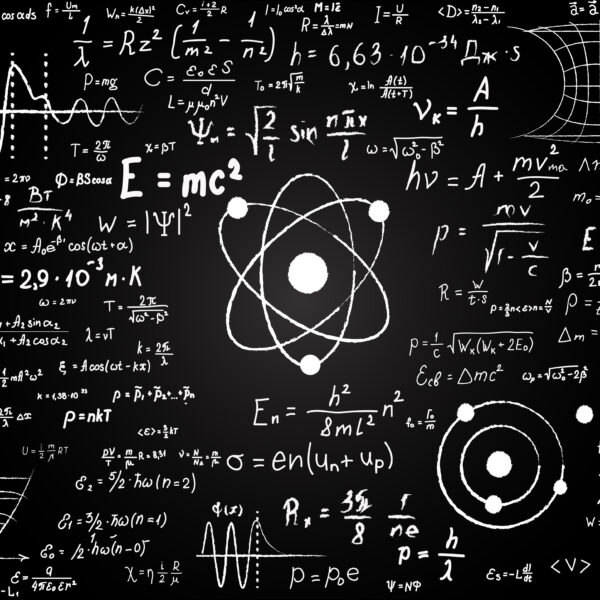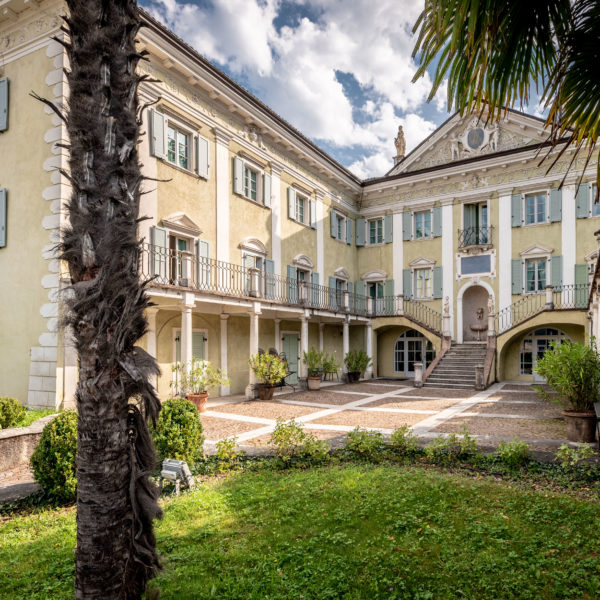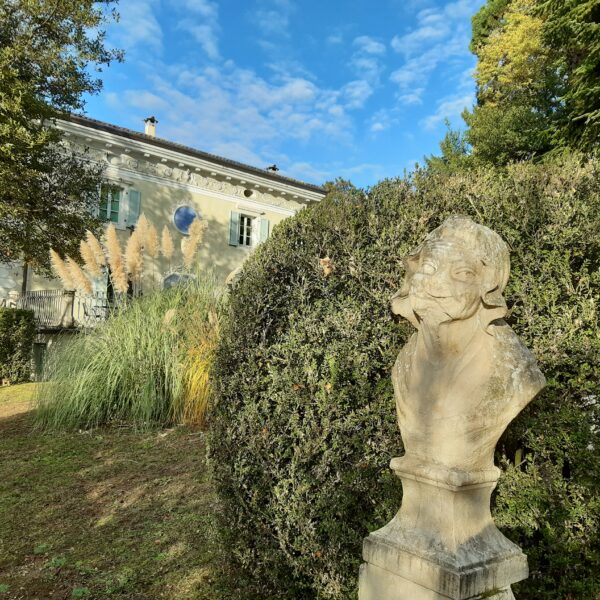Workshops General Archive
-
The general scientific goal of this workshop addresses the high gluon density regime of QCD to observe saturation and diffractive production at the Large Hadron Collider (LHC) and the Electron-Ion Collider (EIC) being built in the US at BNL.More info
-
Which is the connection between quantum physics and general relativity (i.e. gravity)? Despite the various proposed Quantum Gravity theories, it is not yet clear if gravity should indeed be quantized. Actually, there are proposals going in the opposite direction, i.e. to gravitize quantum physics, or even models where gravity is an emergent phenomenon from quantum collapse. At the other side of the spectrum, Quantum Theory itself faces the “measurement problem”, expressed by the Schroedinger’s cat paradox, which received numerous possible solutions, including the collapse models, some of which connected with gravity. We plan to discuss in the framework of our workshop the interplay between Quantum Gravity and Quantum Collapse Models, in particular in relation to nuclear and atomic physics energy scale signatures for experiments in underground laboratories, which, thanks to their extreme precision, can test theories beyond the Standard Model facing the clash between quantum theory and gravity.More info
-
From stochastic annealing to diffusion models, the unreasonable effectiveness of physics concepts for the design of powerful machine learning algorithms has become increasingly apparent over the past two decades. Likewise, similarities between renormalization group transformations and neural networks are being explored for various applications, ranging from hierarchical models in computer vision to trivializing maps in lattice field theory. On the other hand, there has als been growing interest in the utilization of information bottleneck and quantum field theory techniques towards an improved theoretical understanding of the empirical successes of deep learning. Furthermore, exciting mathematical connections between functional renormalization group equations and optimal transport theory are being understood for the first time. This interdisciplinary workshop aims to provide an interface for experts from different fields sharing a common interest in this topic, with the goal of advancing our collective understanding and identifying promising directions for future work.More info
-
The proposed workshop is dedicated to studying small-x physics in the beyond the eikonal approximation, that is, concentrating on the phenomena suppressed by one or more powers of Bjorken x which are usually neglected in the traditional eikonal small-x physics. These include questions about the proton spin structure and the spin puzzle at small x, involving the spin-dependent PDFs and TMDs, along with the power-of-x corrections to the eikonal scattering on a nucleus, which are enhanced by the powers of the atomic number of a large nucleus and are, therefore, important. All these questions are central to the physics to be probed at the future Electron-Ion Collider (EIC). Attempts at unifying large-x and small-x evolution will also be discussed.More info
-
Neutron stars are rich laboratories for physics, combining all four fundamental interactions and many phenomena associated with them under extreme conditions. One of the most intriguing questions is: what type of matter do we find in the core of such a compact object? One of the conceivable composition is a strangeness-dominated hadronic matter. However, the determination of the EOS of such neutral hadronic matter remains even after many decades of research one of the biggest challenges. Hadrons with strangeness embedded in the nuclear environment, hypernuclei, strange atoms, and multiparticle correlations are the most relevant terrestrial laboratories to approach the many-body aspect of the three-flavor strong interaction in the laboratory. The goal of the workshop is to assess the present status of the field, to agree upon future cutting-edge studies and to define the experimental objectives. The workshop will help to identify potential synergies between the different activities, which might also set the framework for new networking activities between researchers.More info
-
Quantum technology is a fast-developing field with a wide range of promising near-term applications, from quantum simulation of quantum many-body systems to hybrid quantum-classical algorithms. The aim of the Quantum Science Generation Workshop 2024 is to cover some of the most important aspects of those developments and provide an equilibrated up-to-date overview of the most active areas of research within this field. The workshop’s topics will include (i) optical and condensed matter platforms for quantum computing; (ii) quantum simulation of problems of interest for condensed matter, nuclear, high-energy, or gravitational physics; and (iii) hybrid quantum algorithms for optimization problems. The workshop is specifically addressed to young researchers at the PhD/PostDoc level, active in different areas of quantum science and technologies with the aim of promoting and initiating fruitful scientific discussion.More info
-
The workshop will bring together experts from nuclear physics, astrophysics, and cold atomic gases to develop an improved understanding of the physics of strongly interacting matter, with a particular focus on neutron stars. The main topics of the workshop will be microscopic calculations of the equation of state, insights from other systems such as cold atomic gases, observations of neutron stars and neutron star mergers, the physics of the neutron star crust, and experimental constraints on neutron-rich matter.More info
-
Machine learning will define the 21st Century: from simple image classification to text generation and decision making, its impact on society will be nothing but immense. At present, the detailed mechanisms behind the power of AI still evade our understanding; growing evidence, however, suggests that it is possible to rationalise how deep learning works in terms that are very familiar to theoretical physicists, that is, the renormalisation group. The systematic, hierarchical coarsening of detailed information into increasingly simpler and more collective features is a cornerstone of modern physics, and it can be leveraged not only to make sense of machine learning’s baffling capabilities, but also and most importantly to steer its development. This workshop will explore the area where theoretical physics of soft and condensed matter and deep learning overlap, looking for novel and more powerful tools to model, investigate, and understand the world around us.More info
-
Permanent electric dipole moments (EDMs) provide a key experimental test of Standard Model CP-violation, and a means to search for and constrain the new physics processes needed to explain our universe's observed matter-antimatter asymmetry. This motivation and impact n high-energy physics unites EDM research, which nevertheless relies on a diverse set of experimental methods and theoretical tools to fully develop its potential. This workshop is based in a European initiative to identify and strengthen connections among the groups pursuing improved measurements and calculations, as well as conceptual bridges such as phenomenology and global analysis. The major classes of experimental systems are represented (leptons, hadrons, bare nuclei, diamagnetic and paramagnetic atoms and molecules), and key theoretical topics for the interpretation of experimental results are emphasized (nuclear DFT, lattice QCD, atomic and molecular structure, chiral EFT) in addition to dedicated calculations of observables arising from specific models.More info
-
In this workshop we plan to introduce the ideas of a new interdisciplinary field ‘Nuclear astrochemistry’. This brings together disparate fields of nuclear physics with the rapidly emerging field of astrochemistry to explore the processes of star formation (and death) and planet formation and how they create the conditions that may allow life to evolve and be sustained. In the workshop, the first of its kind, we will bring together leading experts in these fields together with early career researchers who will develop this new field through observations (using JWST), theoretical models and simulations and laboratory studies to address the fundamental questions of how the elements and molecules of life are created in the universe and the consequences for the search for life beyond Earth and our solar system.More info





